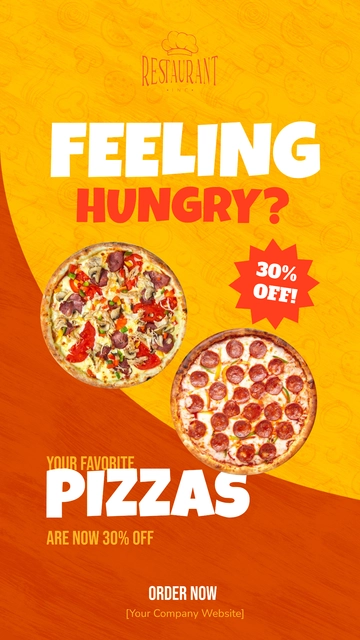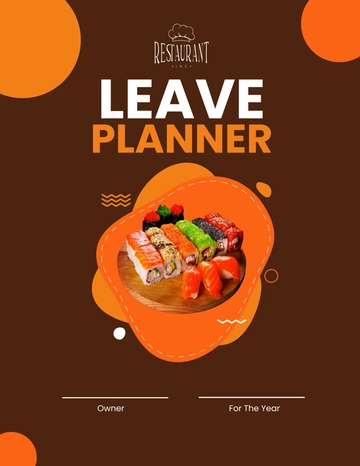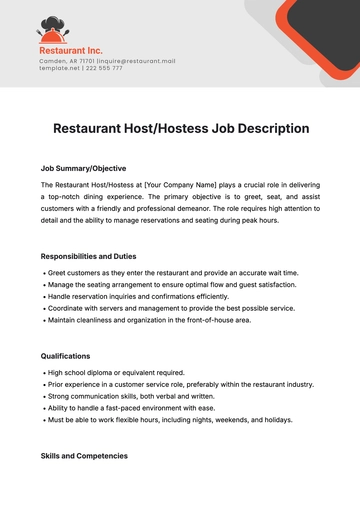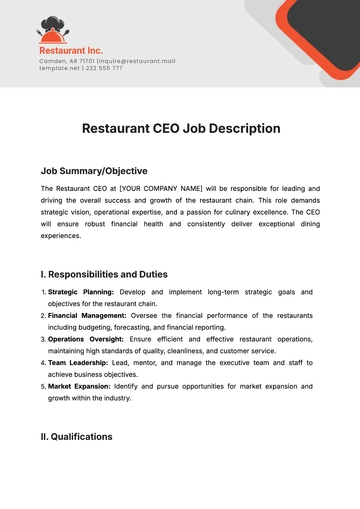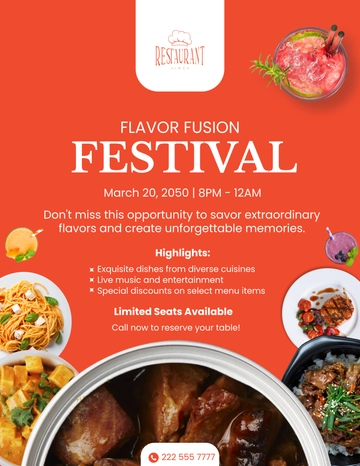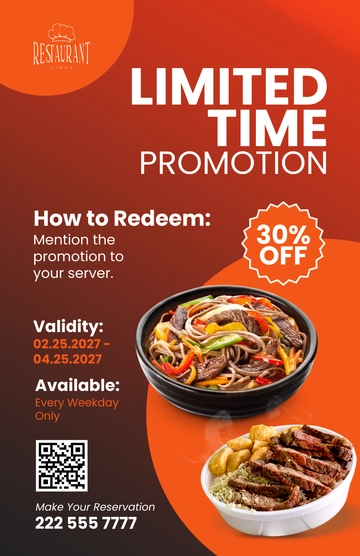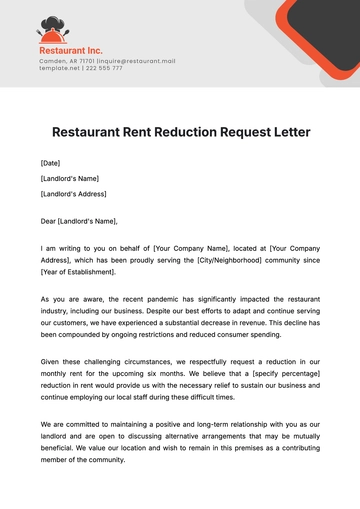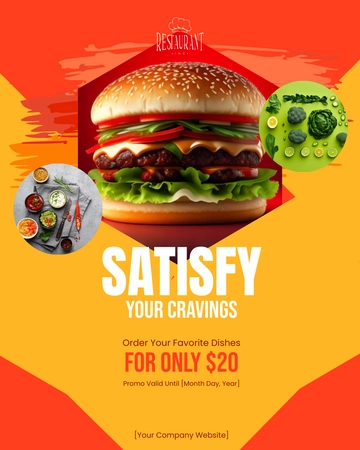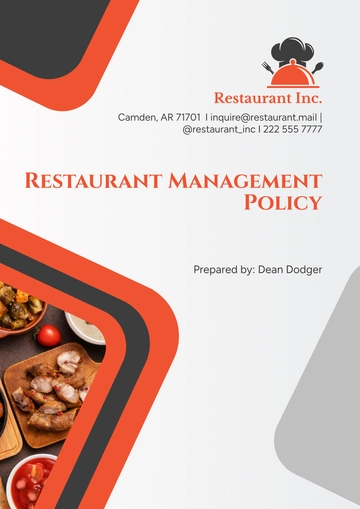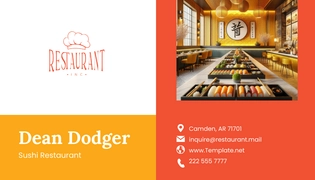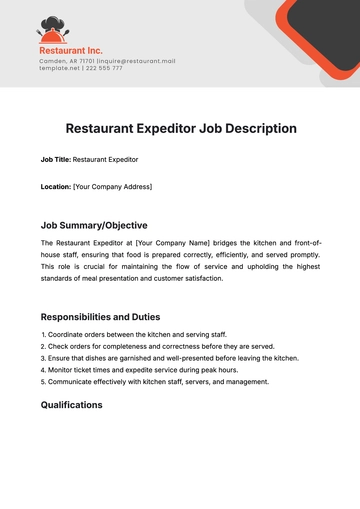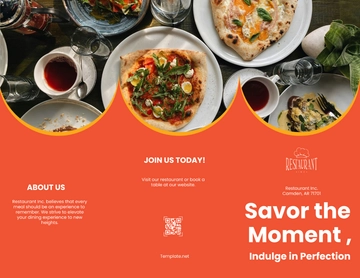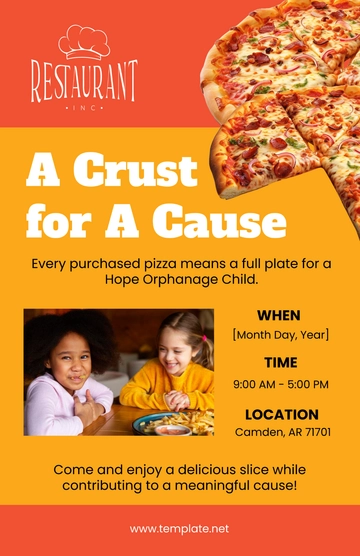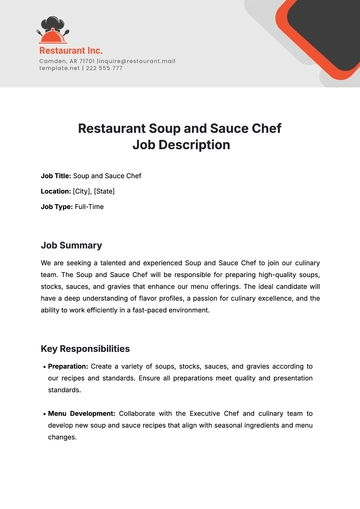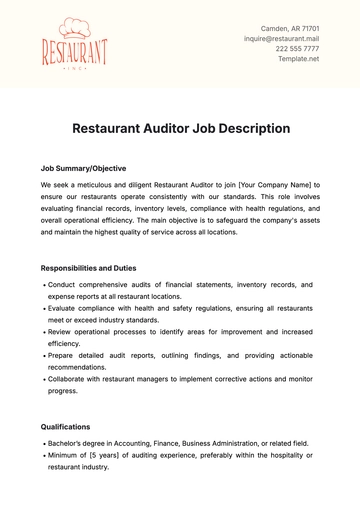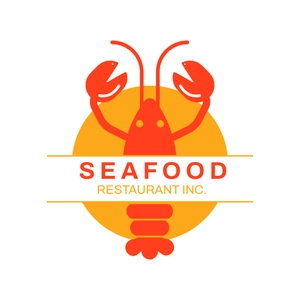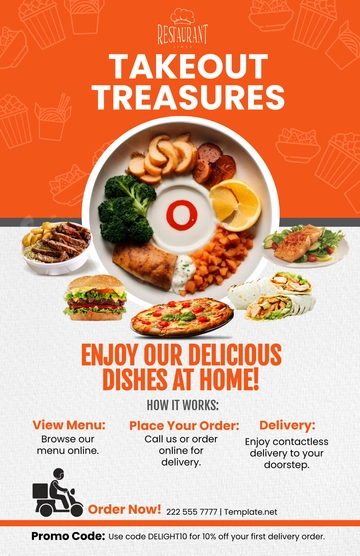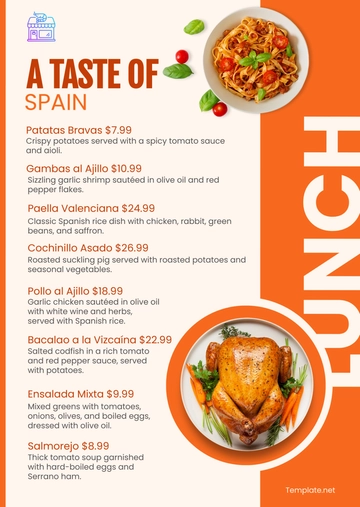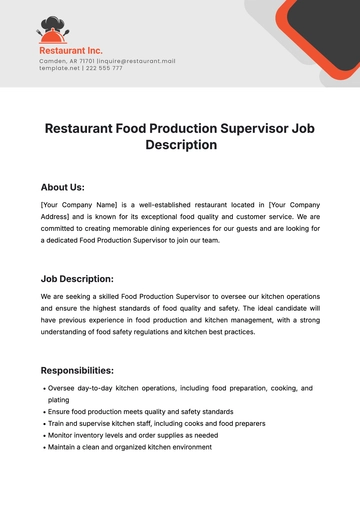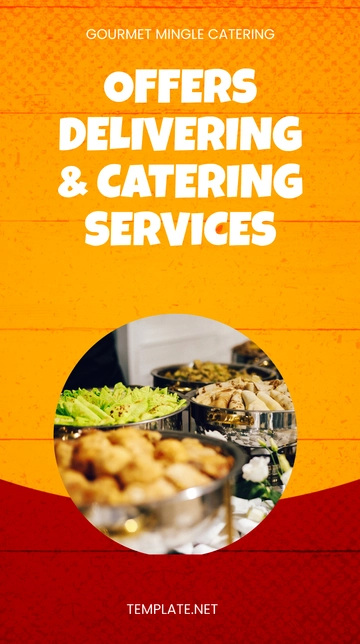Free Restaurant Training Strategy
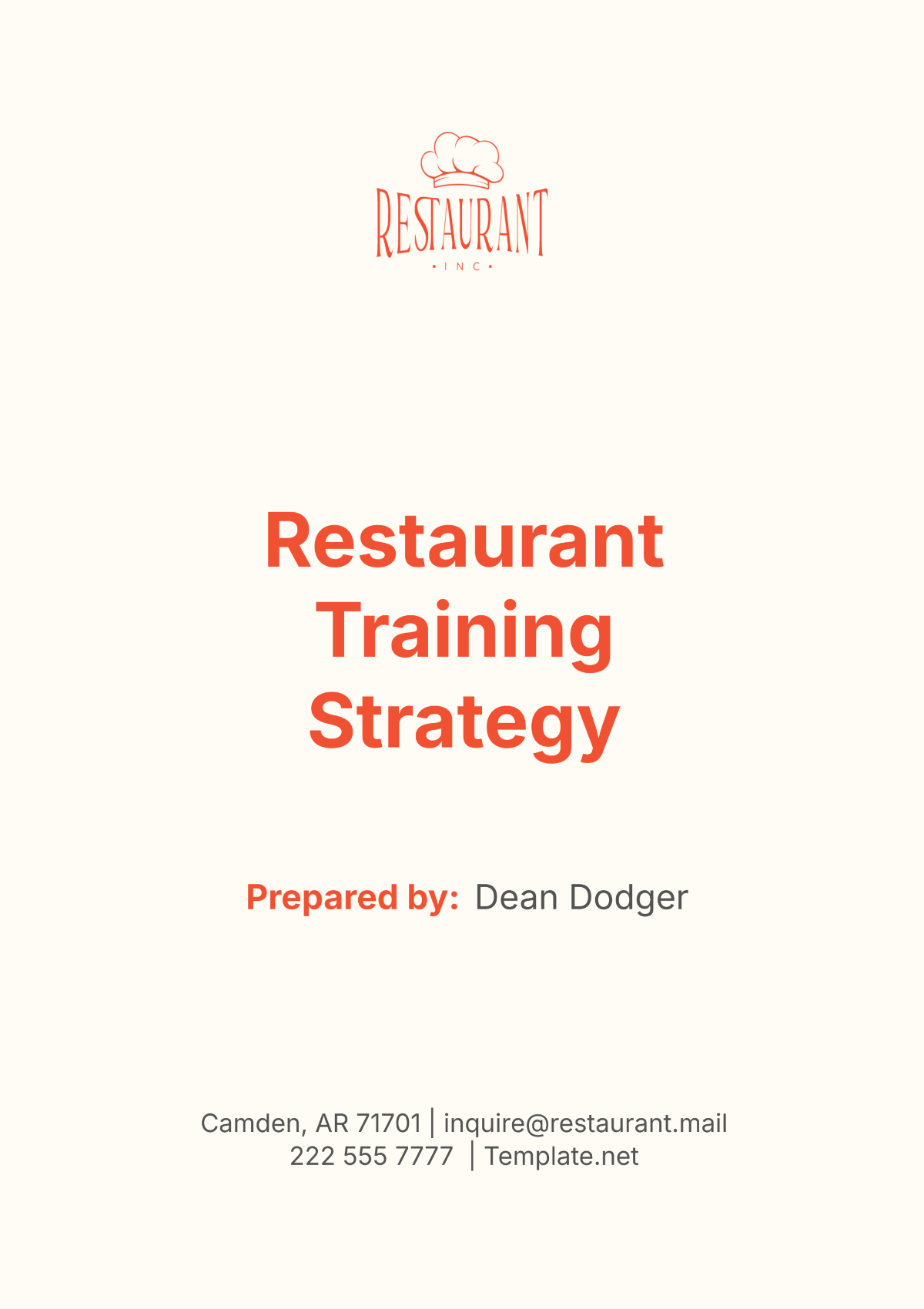
I. Introduction
This comprehensive Restaurant Training Strategy has been developed to ensure that [Your Company Name] employees are provided with the knowledge, skills, and resources necessary to deliver an exceptional dining experience. Developed by [Your Name], this strategy outlines key training initiatives designed to improve staff performance, enhance customer satisfaction, and uphold the restaurant’s reputation for excellence.
Our goal is to create a learning culture within [Your Company Name] where continuous improvement is fostered through structured training programs. These programs will focus on various aspects of the restaurant operations, from front-of-house service to back-of-house culinary excellence, ensuring all employees embody our brand values and operational standards.
II. Key Objectives
The primary objectives of this training strategy are as follows:
1. Improve Customer Service
Equip staff with the skills to provide top-tier customer service, ensuring each guest has a memorable experience. This includes training on communication skills, handling difficult situations, and understanding customer needs.
2. Enhance Operational Efficiency
Streamline restaurant operations through standardized procedures and effective training. This involves cross-training staff, optimizing workflows, and implementing best practices to minimize waste and maximize productivity.
3. Uphold Food Safety Standards
Ensure all employees adhere to food safety regulations and maintain high hygiene standards. Training will cover proper food handling, storage, and preparation techniques, as well as personal hygiene and cleanliness protocols.
By focusing on these key areas, [Your Company Name] aims to achieve consistency in service quality, promote employee engagement, and ultimately, drive business growth.
III. Training Programs
Our training programs will be divided into the following major components:
1. Onboarding Training
This program will introduce new hires to the company’s culture, mission, values, and operational procedures. It will include orientation sessions, mentorship programs, and initial role-specific training. New hires will receive comprehensive manuals and undergo hands-on training to familiarize themselves with their responsibilities.
2. Skill Development Workshops
Regular workshops will be conducted to refine the skills of our employees. These workshops will cover areas such as customer service excellence, culinary skills, and effective communication. Workshops will be interactive, incorporating role-playing, simulations, and real-life scenarios to enhance learning and retention.
3. Compliance and Safety Training
Ongoing training sessions focusing on food safety, personal hygiene, and compliance with health regulations will be mandatory for all employees. This will include regular updates on new regulations and best practices, ensuring that all staff remain compliant and informed.
Each program will include measurable outcomes to track progress and effectiveness, ensuring that our training objectives are met consistently.
IV. Implementation Plan
The implementation of the training strategy is a critical component in ensuring the success of our initiatives at [Your Company Name]. This plan outlines a structured, phased approach that will systematically introduce and embed the training programs across all levels of the organization. Each phase is designed to build upon the previous one, ensuring a comprehensive and sustainable training framework. Below is a detailed breakdown of each phase, including descriptions and timelines.
Phase 1: Development of Training Materials
Description: The first phase focuses on the creation of high-quality training materials. This includes comprehensive manuals, training videos, interactive e-learning modules, and other resources that will be used throughout the training programs. During this phase, subject matter experts and experienced staff members will collaborate to ensure that all materials are accurate, relevant, and aligned with [Your Company Name]’s standards and goals.
Training Manuals: Detailed guides covering all aspects of the job roles, including customer service techniques, operational procedures, and food safety protocols.
Training Videos: Visual content to demonstrate key procedures, showcase best practices, and provide visual reinforcement of training topics.
E-Learning Modules: Interactive online courses that employees can complete at their own pace, providing flexibility and accessibility.
Assessment Tools: Quizzes, practical tests, and feedback forms to evaluate understanding and retention of training material.
Timeline: Month 1 - Month 2
Phase 2: Initial Training for Current Staff
Description: In the second phase, the focus shifts to the initial training of current staff members. This involves conducting comprehensive training sessions to ensure that all existing employees are up to date with the new standards and procedures. This phase aims to create a baseline level of knowledge and skills across the team, ensuring consistency and quality in service delivery.
Training Sessions: Conducted in small groups to facilitate interaction and engagement, these sessions will cover the newly developed training materials.
Workshops and Seminars: Interactive sessions focusing on specific skills such as advanced customer service techniques, conflict resolution, and team collaboration.
Role-Playing and Simulations: Practical exercises where staff can practice new skills in a controlled environment, receiving real-time feedback from trainers.
Timeline: Month 3 - Month 4
Phase 3: Onboarding Training for New Hires
Description: Onboarding training for new hires is a continuous process that begins as soon as a new employee joins [Your Company Name]. This phase ensures that new team members are integrated smoothly into the organization, understanding its culture, values, and operational procedures from day one.
Orientation Programs: Introductory sessions that provide an overview of the company, its mission, and its values, as well as an introduction to key personnel.
Mentorship Programs: Pairing new hires with experienced employees who can provide guidance, support, and practical insights into their roles.
Initial Role-Specific Training: Hands-on training tailored to the specific responsibilities of the new hires, ensuring they are competent and confident in their roles.
Timeline: Ongoing
Phase 4: Regular Skill Development Workshops
Description: The fourth phase involves the implementation of regular skill development workshops to ensure continuous improvement and professional development for all staff members. These workshops are designed to address evolving industry trends, introduce new techniques, and reinforce existing skills.
Monthly Workshops: Regularly scheduled sessions focusing on different aspects of the job, from advanced culinary techniques to customer service innovations.
Guest Speakers and Experts: Inviting industry professionals to share their knowledge and experiences, providing valuable insights and inspiration.
Feedback and Improvement Sessions: Gathering feedback from participants to continuously refine and improve the workshop content and delivery methods.
Timeline: Monthly
Phase | Description | Timeline |
|---|---|---|
1 | Development of Training Materials | Month 1 - Month 2 |
2 | Initial Training for Current Staff | Month 3 - Month 4 |
3 | Onboarding Training for New Hires | Ongoing |
4 | Regular Skill Development Workshops | Monthly |
Monitoring and Assessment
Each phase of the implementation plan will be carefully monitored and assessed to ensure that the training objectives are being met. This will involve the following steps:
Progress Tracking: Keeping detailed records of training activities, participant attendance, and completion rates.
Performance Metrics: Evaluating the impact of training on employee performance through regular assessments and performance reviews.
Feedback Mechanisms: Collecting feedback from employees and trainers to identify strengths and areas for improvement in the training programs.
Adjustments and Improvements: Making necessary adjustments to the training materials, delivery methods, and schedules based on the feedback and assessment results.
By meticulously implementing and monitoring each phase of this training strategy, [Your Company Name] will ensure that all employees are well-equipped to deliver exceptional service, maintain high operational standards, and contribute to the overall success of the restaurant.
V. Evaluation and Feedback
Evaluation and feedback mechanisms are crucial for the continuous improvement of our training programs. We will utilize the following evaluation methods:
1. Employee Feedback Surveys
Regular surveys will be distributed to gather employees' feedback on the training programs and identify areas for improvement. Surveys will include questions on the relevance, effectiveness, and clarity of the training content.
2. Performance Evaluations
Regular performance reviews will be conducted to assess the impact of the training on employee performance. These evaluations will measure improvements in job skills, customer interactions, and adherence to operational standards.
3. Customer Feedback
Customer feedback will be analyzed to ensure that the training is effectively translating into enhanced customer satisfaction. Feedback will be gathered through comment cards, online reviews, and direct interactions, providing insights into areas where service can be improved.
These evaluation methods will provide valuable insights into the effectiveness of our training strategy and help us make informed decisions for future training initiatives.
VI. Conclusion
The Restaurant Training Strategy outlined in this document is designed to equip [Your Company Name] employees with the necessary skills and knowledge to excel in their roles. By focusing on customer service, operational efficiency, and food safety, we aim to maintain our high standards and achieve our business objectives.
This strategic approach will not only enhance employee performance and customer satisfaction but also strengthen the overall brand reputation of [Your Company Name]. We are committed to fostering a culture of continuous learning and improvement to ensure the long-term success of our restaurant.
Contact Information
For more details about the Restaurant Training Strategy or to provide feedback, please contact:
[Your Name]
[Your Position]
[Your Company Name]
[Your Company Address]
Phone: [Your Company Number]
Email: [Your Company Email]
- 100% Customizable, free editor
- Access 1 Million+ Templates, photo’s & graphics
- Download or share as a template
- Click and replace photos, graphics, text, backgrounds
- Resize, crop, AI write & more
- Access advanced editor
Enhance staff efficiency with Template.net's Restaurant Training Strategy Template. Crafted for restaurateurs, this editable gem offers a comprehensive roadmap to optimize employee training. Easily customizable using our intuitive AI editor tool, tailor it to fit your unique establishment. Elevate service standards and boost productivity effortlessly. Streamline training processes with this essential resource. Get started today!
You may also like
- Restaurant Agreement
- Restaurant Banner
- Sheet
- Restaurant Checklist
- Restaurant Form
- Restaurant Invitation
- Restaurant Invoice
- Restaurant Letterhead
- Restaurant Meeting Minute
- Restaurant Menu
- Restaurant Presentation
- Restaurant Policy
- Restaurant Proposal
- Restaurant Receipt
- Restaurant Report
- Restaurant Spreadsheet
- Restaurant Flyer
- Restaurant Plan
- Restaurant Poster
- Restaurant Contract
- Restaurant Business Card
- Restaurant Schedule
- Restaurant Brochure
- Restaurant Survey
- Restaurant Evaluation
- Restaurant Business Plan
